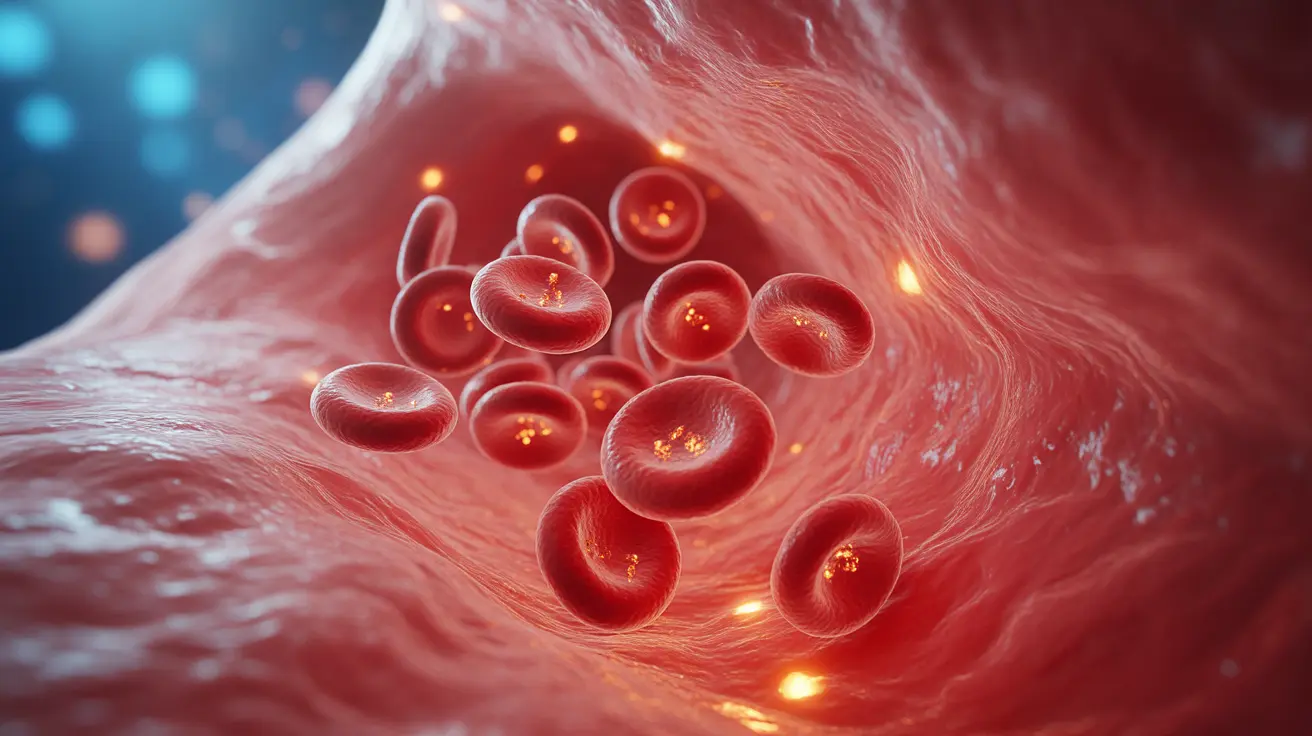Iron is a crucial mineral that plays numerous vital roles in maintaining optimal health and well-being. From supporting energy production to ensuring proper oxygen distribution throughout your body, iron's benefits are far-reaching and essential for daily functioning. Understanding how this mineral works and its importance can help you make informed decisions about your nutrition and health.
Whether you're looking to optimize your iron intake or concerned about deficiency, this comprehensive guide will explore the key benefits of iron, how to maximize its absorption, and important considerations for supplementation.
The Fundamental Benefits of Iron for Your Body
Iron serves several critical functions that make it indispensable for good health. Here are the primary ways iron benefits your body:
Oxygen Transport and Energy Production
Iron is a key component of hemoglobin, the protein in red blood cells responsible for carrying oxygen throughout your body. This oxygen transport system is crucial for:
- Maintaining steady energy levels
- Supporting cellular function
- Enabling proper muscle performance
- Promoting brain health and cognitive function
Immune System Support
Iron plays a vital role in maintaining a strong immune system by:
- Supporting the production of white blood cells
- Helping fight off infections and pathogens
- Contributing to proper immune cell function
- Enhancing your body's natural defense mechanisms
Maximizing Iron Absorption from Your Diet
Getting enough iron from your diet is only part of the equation. To optimize iron's benefits, you need to understand how to enhance its absorption:
Foods That Enhance Iron Absorption
Certain dietary choices can significantly improve how well your body absorbs iron:
- Combine iron-rich foods with vitamin C sources
- Include lean proteins with plant-based iron sources
- Consume iron-rich foods away from calcium-rich meals
- Choose a variety of both heme and non-heme iron sources
Common Absorption Inhibitors to Avoid
Be aware of substances that can interfere with iron absorption:
- Tannins in tea and coffee
- Excessive calcium intake
- Phytates in some whole grains
- Certain medications and supplements
Understanding Iron Deficiency and Prevention
Recognizing the signs of iron deficiency and knowing how to prevent it is crucial for maintaining optimal health. Common warning signs include:
- Unusual fatigue and weakness
- Pale skin and brittle nails
- Shortness of breath
- Difficulty concentrating
Safe Supplementation and Monitoring
While getting iron through diet is ideal, some people may need supplements. It's important to:
- Consult with healthcare providers before starting supplements
- Monitor iron levels through regular blood tests
- Follow recommended dosage guidelines
- Be aware of potential side effects
Frequently Asked Questions
What are the main health benefits of getting enough iron in my diet?
The main benefits include proper oxygen transport throughout your body, sustained energy levels, improved cognitive function, and a stronger immune system. Iron also supports proper muscle function and helps maintain healthy skin, hair, and nails.
How can I improve iron absorption from the foods I eat?
To improve iron absorption, pair iron-rich foods with vitamin C sources, avoid drinking tea or coffee with meals, and separate iron-rich foods from calcium-rich foods by at least two hours. Additionally, cooking in cast iron cookware can increase the iron content of foods.
What are the common symptoms and causes of iron deficiency anemia?
Common symptoms include fatigue, weakness, pale skin, shortness of breath, and difficulty concentrating. Common causes include insufficient dietary intake, blood loss, increased iron needs during pregnancy, and medical conditions that affect iron absorption.
When and how should iron supplements be used to treat low iron levels?
Iron supplements should be used under medical supervision when blood tests confirm low iron levels. They're typically taken on an empty stomach or with vitamin C to enhance absorption, and dosage should be carefully monitored to avoid complications.
What are the risks of having too much iron or taking excess iron supplements?
Excess iron can cause stomach pain, nausea, and constipation. Long-term iron overload can damage the liver and other organs. It's crucial to only take iron supplements when prescribed and monitored by a healthcare provider.




